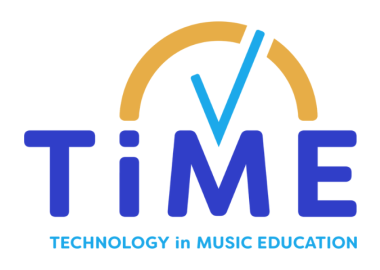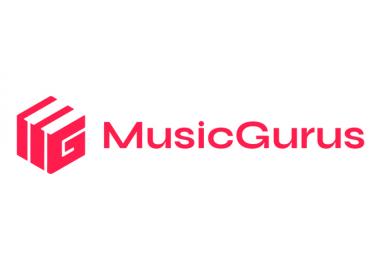At Rockschool, our ethos has always been to empower musicians and help them achieve their aims, whether they’re applying for university, passing on their expertise and advice, or simply just having some fun with the music they love.
Nothing to fear
Learning via a graded exam system is often seen as something for younger learners and may seem daunting to adult learners. However, after talking to many Rockschool teachers up and down the country, we have learned that their adult students find doing grades to be fun and fulfilling.
In fact, many of the teachers we spoke to said that their adult students may have some advantages when it comes to learning a new instrument. For example, they often find it easier to juggle instrumental and theoretical concepts at the same time, whereas sometimes for younger learners it’s a skill they are more likely to pick up as they gain experience.
Every learner is different
Our teachers told us that some adult learners fear that they’re unable to dedicate the same amount of time as younger learners – leaving them ill-equipped to generate the necessary momentum to develop adequately. We’ve been able to identify over the years that there are a variety of factors at play that can affect each learner differently.
With our exams there are no set timelines, and no perfect method. We always encourage students to learn in their own time, and in a manner that best suits them and their situation. Some people will pick up certain aspects of their chosen instrument quicker than others but this is a fact of life in all crafts, and no cause for concern.
A rewarding way to learn
Adult learner Philip Telford started lessons on the guitar after his son took up Rockschool grades.
“When I've looked at non-grade [tab] books, they have varied hugely in their difficulty level. It's been great to be able to gauge my progress as I have graduated from debut to grade 1 and grade 2 … I'd recommend getting a teacher to put you on a good path, as it can take a long time to unlearn "bad" habits. Once you're rolling, consider learning via grades to best track your progress.”
Our qualifications aren’t just about receiving a certificate – they’re as much about the personal satisfaction that comes with it. A grade system provides a platform that teachers – or the self-taught – can use to effectively assess improvement. But the climax of this comes when someone exceeds expectation. In musical terms, this is determined by one’s own creativity, ingenuity and dedication.
Learners can then incrementally introduce new skills at the right junctures. This can also lead learners to be proactive when setting goals along the way – putting them in the best position to bypass any unnecessary pressures that comes from trying to achieve too much, too quickly.
We hope people turn to Rockschool because they love music as much as we do, and that we can continue to make sizeable contributions to a fun and rewarding musical journey – for everyone – no matter their age or musical ability.
What does it take to do a Rockschool grade?
We focus on assessing skills that are specific to contemporary musicians of today. Our exams include:
- contemporary repertoire
- a technical skills section of sight reading or their improvisation skills. Reading music is important, but for a contemporary musician to be successful, they also need to collaborate in ensembles and apply strong on-the-spot music-making techniques
- at grades 3, 5, and 8, the same repertoire across guitar, bass and drums – enabling the opportunity for band exams. This is a really fun, unique opportunity for the band dynamic to be formally assessed.
Find out more on Rockschool's website and Youtube channel.










